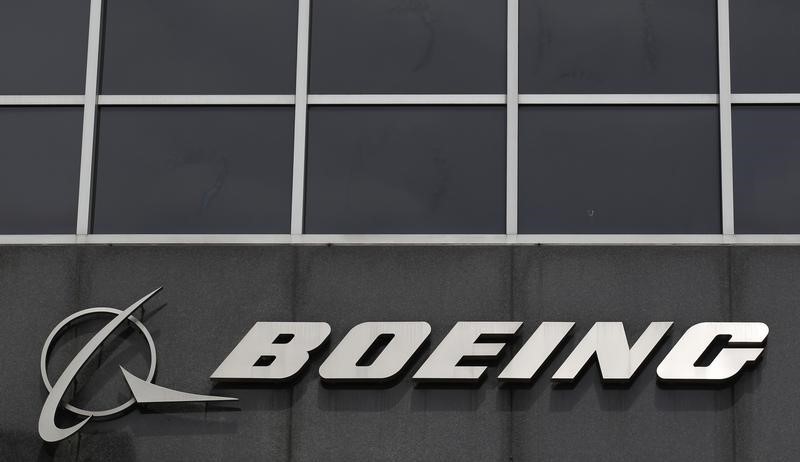Why the U.S. dollar still reigns supreme
By Alwyn Scott and Sweta Singh
NEW YORK/BANGALORE (Reuters) - Boeing Co (N:BA) topped earnings estimates and doubled its closely watched quarterly cash flow, partly offsetting a big charge for its aerial tanker program, sending its shares higher.
The world's largest plane maker on Wednesday reported $2.6 billion in free cash flow in the second quarter, reversing an outflow in the first quarter that had worried investors, freeing up cash for Boeing to spend $2 billion buying back its own shares.
Net profit fell 33 percent to $1.11 billion, or $1.59 per share, chiefly due to the tanker charge, but the cash influx suggested Boeing would hit its full-year operating cash flow target of more than $9 billion.
"This certainly gives you confidence that they're going to get there," said Ken Herbert, an analyst at Canaccord Genuity.
Boeing's shares jumped 1.5 percent to $147.31 in early trading on the New York Stock Exchange.
Revenue rose 11 percent to $24.54 billion, reflecting an 18 percent gain at Boeing's commercial aircraft business, as it delivered a record 197 planes. Defense revenue fell 3 percent, and profit margins dipped less than some analysts had feared, as Pentagon spending remains under pressure.
Deferred costs on Boeing's 787 program rose by another $790 million, to $27.7 billion, but analysts said that rise was widely expected. The 787 program still loses money on each plane, which has focused investors' attention on cash flow. It is expected to begin generating cash next year.
The Chicago-based company announced a charge of 77 cents per share related to the tanker program last week. As a result, it cut its full year earnings forecast on Wednesday by 50 cents a share, to $7.70 to $7.90 a share, less than the charge, suggesting it can make up for the tanker costs in other areas.
"The tanker charge is still a drag to both earnings and cash this year, and presents risk going forward," RBC analyst Robert Stallard wrote in a note.
Core earnings, which exclude pension and other costs, fell to $1.62 per share from $2.42. But that exceeded analysts' average estimate of $1.37 a share, which included the tanker charge, according to Thomson Reuters I/B/E/S.
The tanker charge is the second Boeing has taken on the troubled project, bringing the total after-tax charges to just over $800 million.
